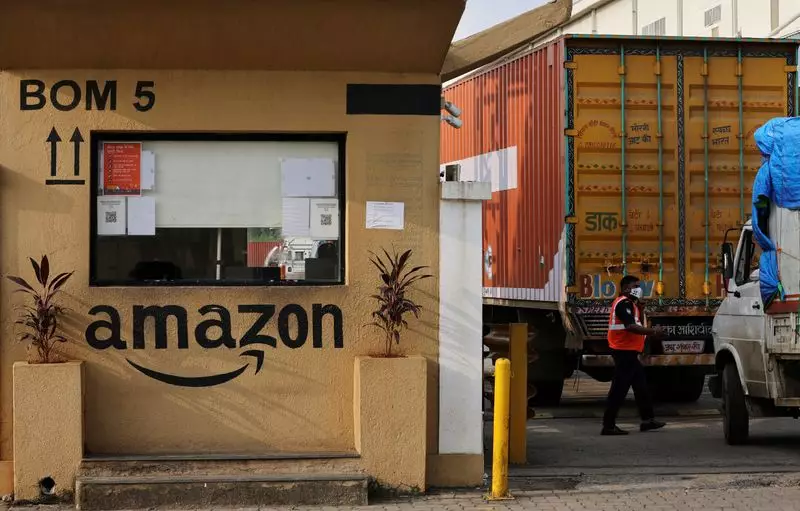In recent weeks, India’s financial crime agency, the Enforcement Directorate (ED), has escalated its investigation into major e-commerce platforms such as Flipkart and Amazon. This surge in scrutiny follows allegations of violations of foreign investment laws, highlighting the increasing vigilance of the Indian government regarding compliance within the rapidly expanding e-commerce market, estimated to be worth $70 billion. The implications of these investigations are significant, not only for the companies involved but for the entire landscape of online commerce in India.
The backdrop of this investigation is a combination of mounting competition and regulatory challenges faced by foreign e-commerce players in India. With Flipkart, owned by Walmart, commanding an approximate 32% market share, and Amazon holding around 24%, the stakes in maintaining regulatory compliance are exceptionally high. The recent actions taken by the ED, which included raiding sellers affiliated with these platforms, are part of a broader inquiry into whether these companies are circumventing Indian laws that prohibit foreign players from holding inventory in the domestic market.
An Indian law mandates that foreign e-commerce firms must act purely as marketplaces, facilitating transactions between buyers and sellers without controlling the inventory of goods sold. The ongoing investigation raised concerns that both Flipkart and Amazon have shifted towards a model that flouts these stipulations, effectively exerting control over the inventory through select sellers in a manner that is not permissible under Indian law.
The investigation has gained traction following findings from antitrust probes that revealed both companies were allegedly favoring selected sellers at the expense of smaller competitors. These findings painted a picture of the two platforms exercising “end-to-end control” over the inventories of various products, casting doubt on the integrity with which they conduct their marketplace operations. Internal documents reportedly indicate that Amazon had significant influence over its largest sellers, a practice seemingly at odds with regulatory guidelines.
Notably, one major seller, identified in previous investigations as Appario, has come under particular scrutiny. Appario was reported to enjoy preferential treatment, receiving reduced fees and utilizing advanced inventory management tools that were not accessible to other sellers. This raises critical questions about the fairness of the marketplace, as smaller players allegedly struggle under the weight of such profound monopoly-like behavior.
The rationale behind the ED’s action following the raids lies in a meticulous review of the documented operations of these sellers, focusing on their long-term dealings with the e-commerce giants. The analysis involves a thorough examination of data pertaining to business practices, spanning at least the last five years. Such exhaustive analysis highlights the government’s intent to implement stringent compliance measures in a marketplace that is integral to India’s economic landscape.
The implications of the investigations stretch beyond the immediate concerns regarding Flipkart and Amazon. Other sectors, including food delivery services like Zomato and Swiggy, are concurrently under scrutiny, revealing a pattern of regulatory tightening across various industries that leverage digital platforms to operate. Such developments signal a shift towards a fairer competitive environment, albeit one that might challenge established business models.
The increased scrutiny of e-commerce giants in India reflects a pivotal moment in the evolution of the sector. With the Enforcement Directorate’s investigation paving the way for a more stringent regulatory framework, companies operating in this space must reevaluate their compliance strategies to ensure alignment with local laws. As the landscape continues to evolve, the outcome of these investigations could redefine the operational paradigms within e-commerce, encouraging a more equitable environment for all players involved. This period of adjustment may well lead to a more sustainable ecosystem, one that prioritizes both fair competition and consumer trust.

